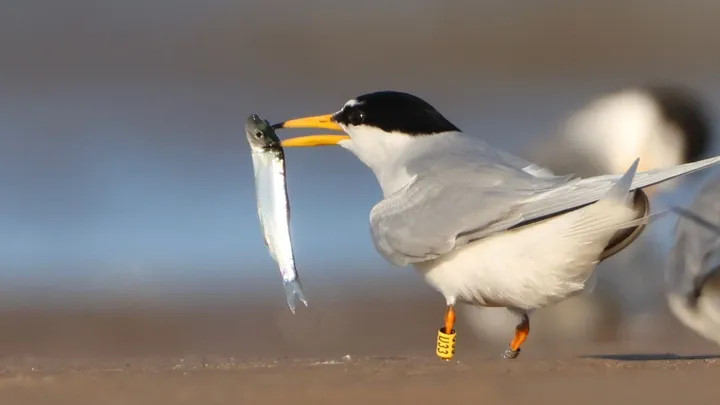22 May
International Day for Biological Diversity
Events
International Day for Biological Diversity is on 22nd May this year. Humber Nature Partnership are celebrating it along with our partners at Lincolnshire Chalk Streams Project. We will be hosting our first litter pick at Waters' Edge as the new hosts of Barton RiverCare!
Biological diversity - or biodiversity - is the variety of life we have on earth, including all animals, plants, genes, habitats and ecosystems. Biodiversity is a sign of a healthy planet. It provides us with the environment we need to live and all of the resources we need - from clean water to food, and economic opportunities. But biodiversity has been and continues to be impacted by humans. Some of the main drivers of biodiversity loss are:
Changes in land and sea use: Changing natural environments like wetlands or forests into areas that can be used for agriculture or urban development directly removes habitats.
Invasive species: Non-native species are plants and animals that are found outside of their natural range. When non-native species become out-of-control, we refer to them as invasive species, and these can cause ecological, environmental and economic damage.
Climate change: Global warming impacts species and ecosystems from around the world, particularly those that are vulnerable and need very specific conditions to survive.
Pollution: There are various forms of pollution, and these can affect all organisms and habitats.
Direct exploitation of natural resources: Over-harvesting natural resources puts entire habitats at risk, as well as the livelihood of humans.
The theme for 2025 is harmony with nature and sustainable development. At Humber Nature Partnership, this is something we appreciate the need for. We have been working with our members for the past few decades to ensure that development is sustainable, and not at the expense of nature and biodiversity.
LY


